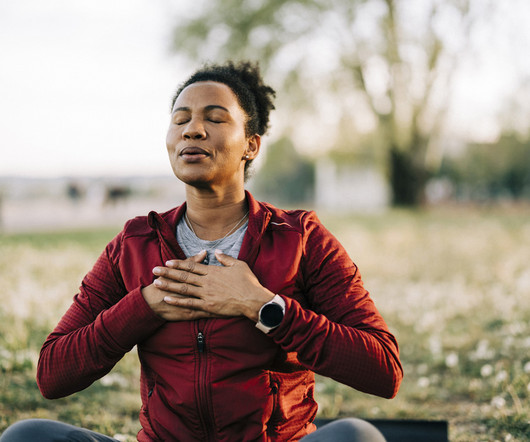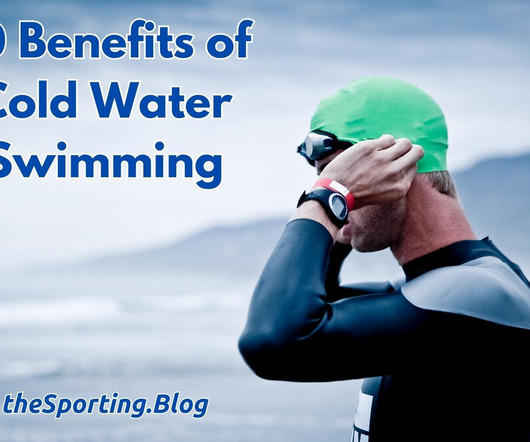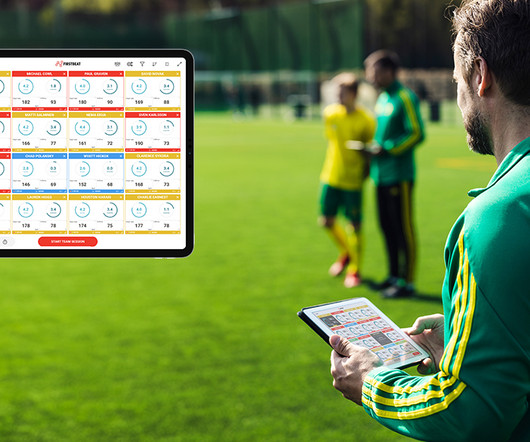The Commodification of Breath: Parsing Fact from Fiction in the Gilded Age of Breathwork and Breathing Influencers
AASP
JUNE 26, 2025
It might be the simplest and most direct lever we have to modulate our nervous system. Diaphragmatic breathing engages the parasympathetic nervous system and promotes the “relaxation response” (the opposite of the stress response) - calmness, reduced muscle tension, lower heart rate and respiratory rate. How Does It Work?












Let's personalize your content